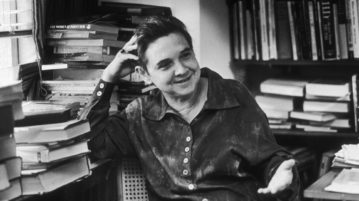
The Poet As Public Intellectual
ADRIENNE RICH (1929–2012) was a 20th-century poet who wrote essays and criticism with the same ease and effectiveness that she brought to her major craft.
More
ADRIENNE RICH (1929–2012) was a 20th-century poet who wrote essays and criticism with the same ease and effectiveness that she brought to her major craft.
More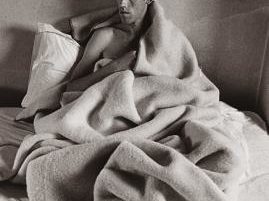
In Weight of the Earth: The Tape Journals of David Wojnarowicz, we see the artist as vulnerable and self-questioning. For two periods in his life, 1981–’82, and 1988–’89, he ad-libbed into a tape recorder touching on topics such as life in the city versus living close to nature, the distractions that interfere with artistic output, sensitivities about art as self-revelation, the dangers of art-world acclaim, loneliness and isolation, [and] sex as …
More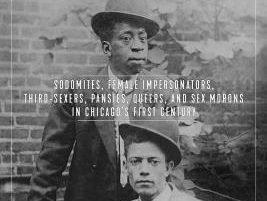
Jim Elledge’s The Boys of Fairy Town brings to life this world in all its multiracial diversity from Chicago’s 1837 incorporation until the 1940s: sometimes hidden in the shadows, but often all the rage and thriving openly.
More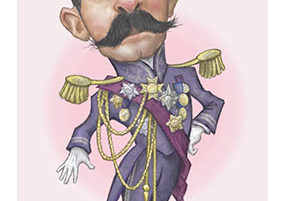
PIERRE LOTI was a 19th-century French writer who was admired by writers as various as Henry James, Joseph Conrad, Willa Cather, and Marcel Proust, but is now almost totally forgotten.
More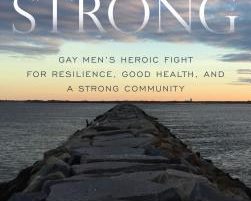
Short reviews of Stonewall Strong by John-Manuel Andriote, In Your Hands by Inês Pedrosa, Drag & Draw Andy Warhol by Nina Schleifand, and Andy Warhol, Publisher by Lucy Mulroney.
More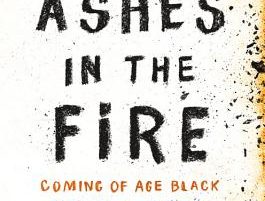
Ever perceptive of unspoken truths, he notes when explaining how he came to his quiet faith that “the thirst for power leaves the spirit arid.” In these days of religious lava burning its way through our society and politics, it is a rare privilege, even for a nonbeliever, to read the work of a writer whose spiritual core has clearly been developed through a deep understanding of humanity. In No Ashes in the Fire, we follow this development along with Moore’s maturation as a gay man …
More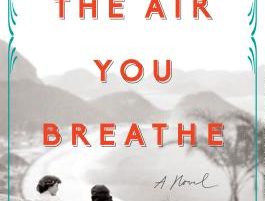
The Air You Breathe by Frances de Pointes Peebles Riverhead Books. 464 pages, $26. AS WHOOPI GOLDBERG said of Julia Roberts, “Julia Roberts was not always Julia Roberts.”…More
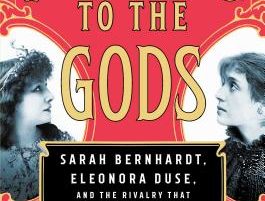
THE TITLE of this book is an exaggeration that grows out of another exaggeration that is this book’s thesis: that Sarah Bernhardt typified an “old school” of unnatural stage acting that consisted of moving from one stylized pose to the next, while Duse introduced a new, realistic style that actors have adopted ever since, hence “changing acting forever.”
More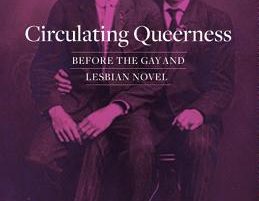
In five dense, far-ranging chapters, she traces the emergence of the gay novel. Hurley argues that what we now identify as the overt gay or lesbian novel grew out of earlier literary productions, ones that contributed to the “making of selves and sentences, sympathies and worlds that [had] not yet existed.”
More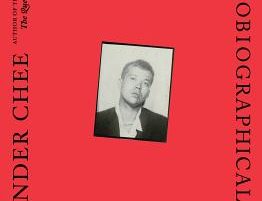
For those not familiar: the title of How to Write an Autobiographical Novel refers to Chee’s first novel, Edinburgh, a fictionalized account of his experience of childhood sexual abuse.
More